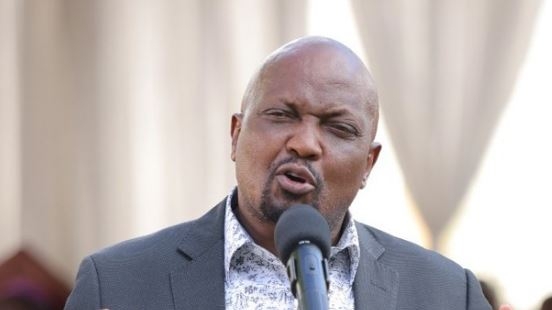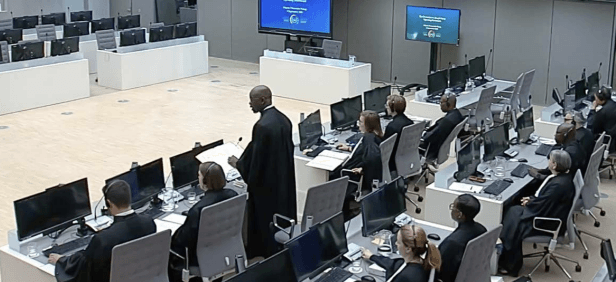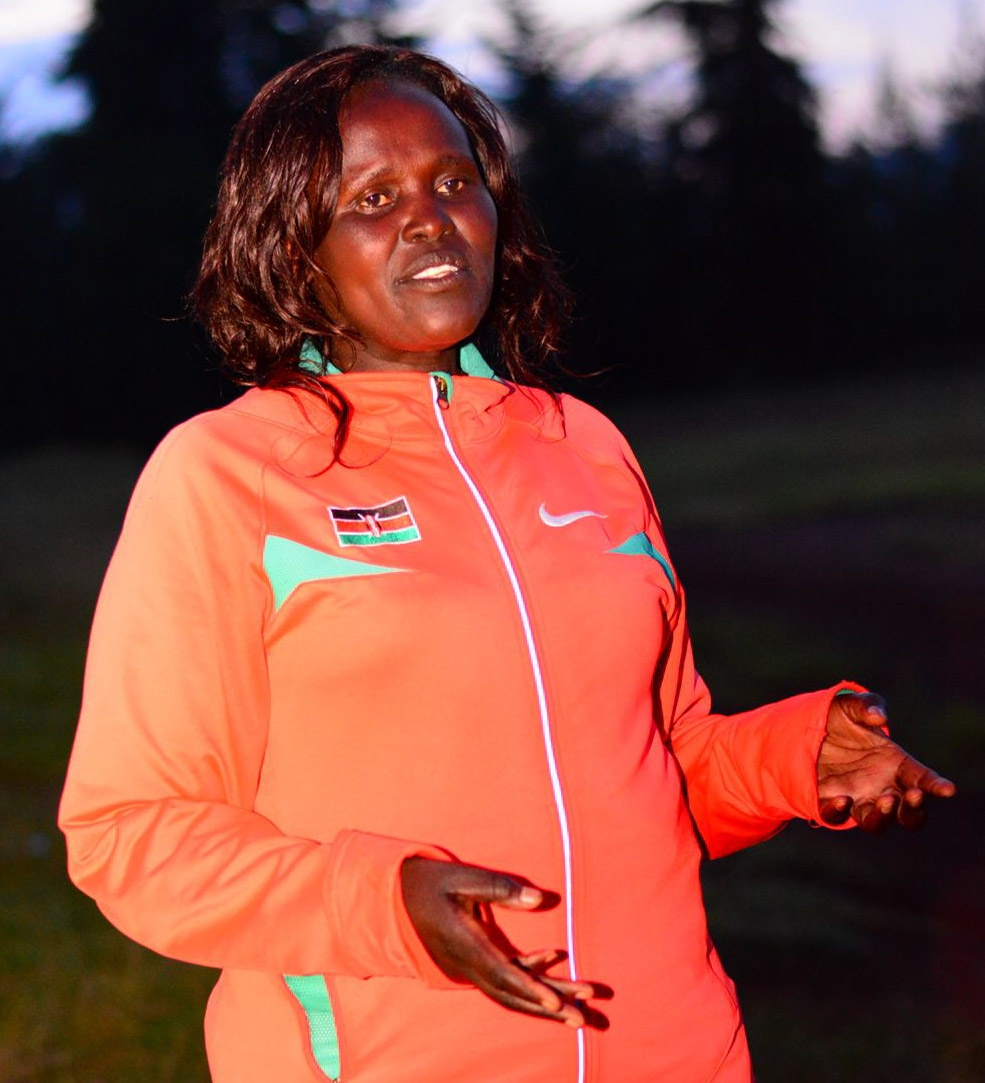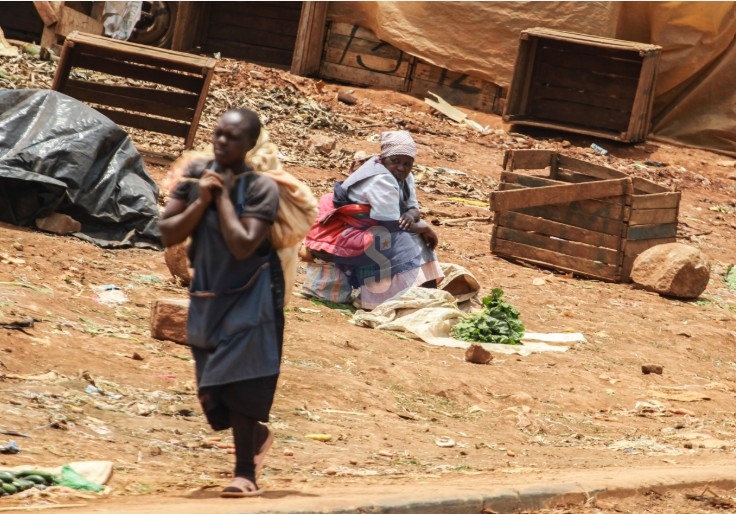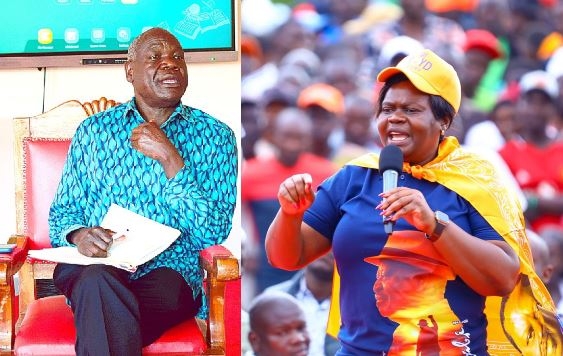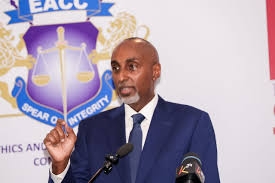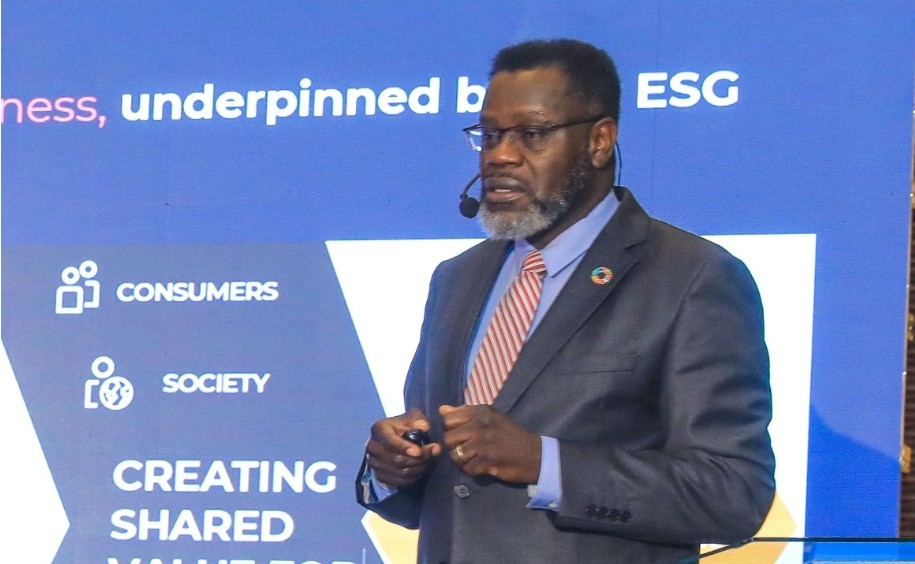Media practitioners want an ongoing sector-wide reform process to focus on recapturing the space the industry has lost to external players.
Among them an overly aggressive executive, complacent Parliament and big tech companies.
Top editors have told the Working Group on Policy and Legislative Reforms in the Media to place emphasis on media sustainability, journalist’s welfare and training needs of industry entrants.
They spoke during a breakfast meeting hosted by the Kenya Media Sector Working Group.
Tom Mshindi, chairperson of the working group, apprised the editors of the proposed changes, among them, the repeal and review of oppressive laws, restructuring of industry agencies for growth, and the remodelling of regulatory mechanisms for greater independence and growth.
He also implored on sector practitioners to keep sending their views, proposals and solutions for vibrant industry of the future.
The group has two more months left to present a final report to the government for consideration and implementation.
“Over the years, and due to a combination of factors, the centrality or place of media in a democracy has been lost, so much so that sometimes we are viewed as just noise makers. The reform proposals must aim to reclaim this lost ground,” Nation Media Group editor-in-chief Joe Ageyo said.
Eastern Broadcasting editorial director Martin Masai vouched for the devolution of media power and resources, saying the media industry as a whole had been too slow to embrace devolution within itself.
As a result, government advertising revenues continued to be shared at the top without due regard for the benefits accorded by targeted advertising models of county-based media.
“We will need to also focus on the welfare of journalists in this reform process. The present, lopsided situation where all other bills are paid, except the bills of journalists is not tenable. Without journalism, there will no industry to talk about in the first place,” Capital FM’s editorial director Bernard Momanyi said.
The arguments for focusing on welfare of practitioners were supported by Kenya Editors Guild’s Linda Bach and Kwamboka Oyaro, with media scholar Prof Levi Obonyo calling for a different approach to the reform conversation.
“We are placing a lot of emphasis on media role in tradition sense of informing, educating and entertaining the people. What about the role of media as a storehouse for people’s cultures, ideas and philosophy? What can we do within this reform space to recapture this lost ground?” he said.
The editors were informed that the idea of according one newspaper a contract to circulate government adverts had legal backing of relevant government agencies.
Ministry of Information official Mike Okidi said they obtained advisory guidance from the government procurement agency, and the Attorney General.
“They both said we didn’t need two newspapers of wide circulation. One paper of mass circulation and a government website would meet the requirements of the law. And so this idea that we must advertise in two newspapers does not exist, it has only been assumed to exist,” he said.
The meeting was told that the Working Group was toying with the idea of recommending certain bare minimum considerations for journalist’s welfare.
The weight is also tilting towards redefining the place and role of Media Council of Kenya as a regulator, separating the agency from the Media Complaints Commission, cutting off extraneous roles of MCK like training,and enhancing its independence through direct reporting to Parliament, not the ICT ministry.
“The thing is we have to ensure that what we come up with is reformist, sensible, forward looking, acceptable and productive. Of course it should not be lost to us that whatever we come up with will be exposed to another political process,” Mshindi said.
He said that the inception spirit of Government Advertising Agency was not hostile to public interest, except that it was never empowered to function.
Mshindi said absent other innovative proposals, his team was inclined to recommend the enabling of the agency to perform its role.
The team is also working on recommending the strengthening of new media, and setting up of a media diversity fund to support the generation of content which is “important but nor commercially viable” for media.
The discussions were facilitated by the Friedrich Naumann Foundation, a Germany political foundation, which promotes liberal values across the world.
The foundation’s country director Stefan Schott presented to the group their latest research policy paper on state of Kenyan media.
“We believe that that free media is an essential aspect of democratic practice, and we are here to underscore this and facilitate freedom of the media is an important liberal value,” he said.
Kenya Editors Guid President Zubeida Kananu and Kenya Union of Journalists secretary general Eric Oduor spoke at the event, restating their respective organisation’s commitment to free media.



